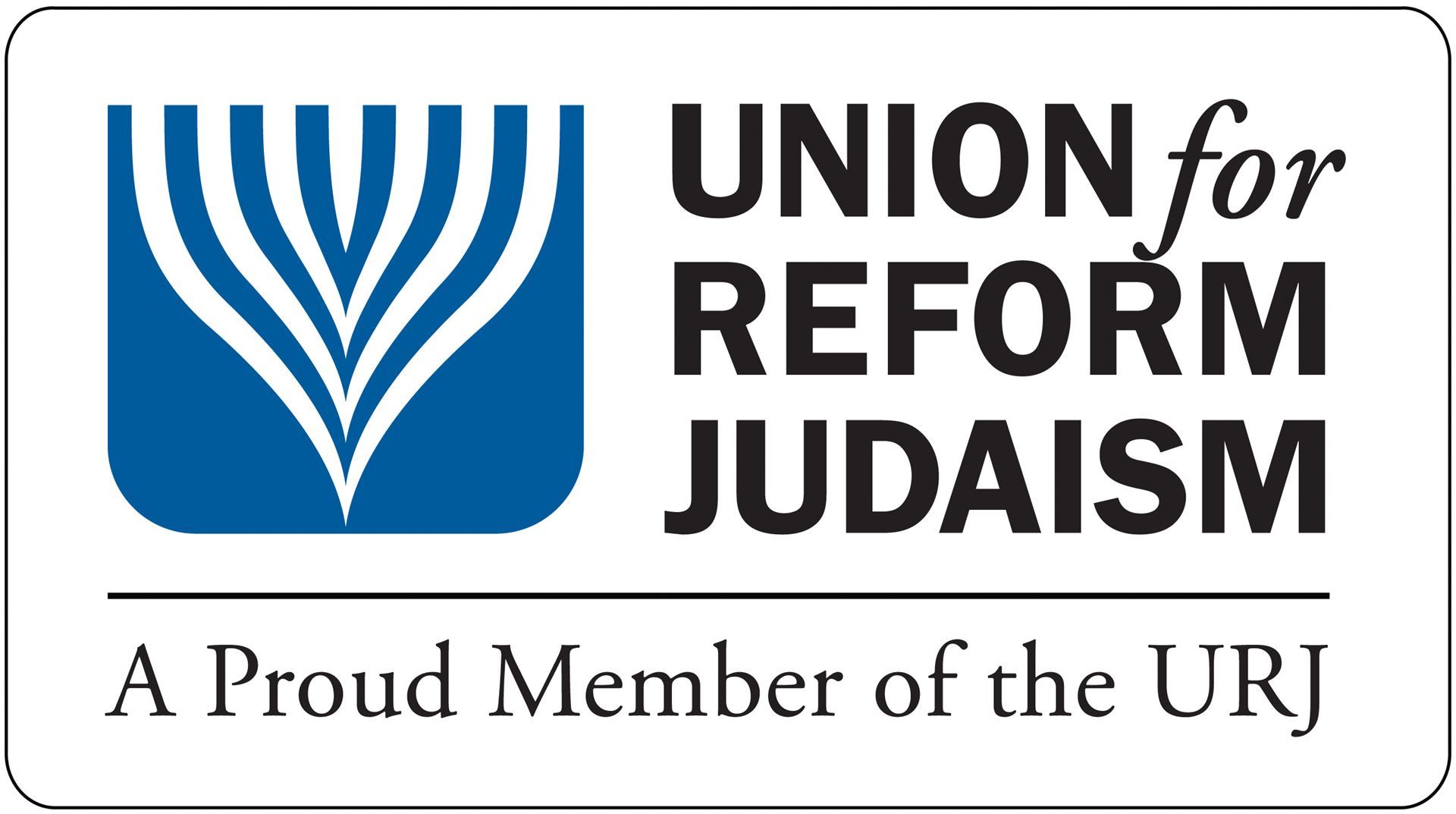Dec. 8, 2022
Dear Friends,
What are we to make of Kanye West, Kyrie Irving and Dave Chapelle?
We'll discuss the latest variant of the ever mutating virus of antisemitism at our Shabbat Evening Service (7:30 PM).
What are we to make of the out-of-control sons of Jacob, who are the forerunners of the twelve tribes of Israel?
We'll discuss the latest episode in the tragically dysfunctional family life of our namesake patriarch at our Shabbat Morning Torah Study (10:00 AM).
What are we to make for our upcoming Hanukkah family gathering? Learn a new holiday recipe from our prodigy chef Gibson Borelli, all the way from his study abroad in London. Gibby will also share in recent moving experience of visiting the Anne Frank house in Amsterdam. Our Zoom Hanukkah Cooking Class is this Sunday (4:00 PM)- rsvp for the link.
Shabbat shalom,
Rabbi Schwartz
For Livestream Services:
Find all our recorded services on YouTube at "Adas Emuno Streaming" and use this direct link once the service has started: https://www.youtube.com/channel/UCftctPu9pRG4bBQCR6RH4Dg/live


